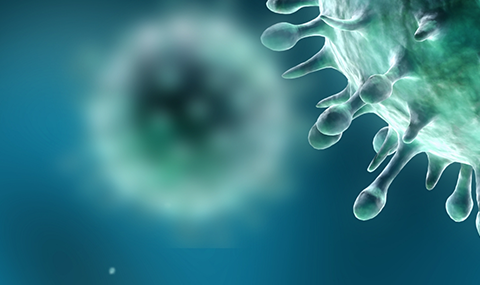
Scientific Biosketch
I am a molecular virologist and cell biologist. We study the molecular mechanisms of virus-host cell interaction and cell fate determination. To this end we investigate the transcription machinery, protein proteasomal degradation, metabolism, the Hippo pathway, DNA damage response and viral oncogenesis.
Major achievements in virology: cloning of the genome of endogenous viruses (Cell 1980), discovery that these viral like elements have LTRs (Nature 1981), discovery of homologous recombination between DNA virus and the host genome (PNAS 1985), identification of the HBV enhancer, the first liver specific enhancer (Embo J 1985), identification and function of the HBV enhancer binding proteins (Embo J 1987, 1998, JV 1988, 1989, 1990, MCB 1989, 2x1990, Cell 1992), uncovering a mechanism of action of the HBV regulatory HBx protein in transcription (Embo J 1990,1996, Oncogene 1990, MCB 1995,1998, 2000, 2004, G&D 1998), first demonstration of HBV inhibition by shRNA (Hepatology 2003), discovering the nutritional signal regulating HBV life-cycle (PNAS 2006), uncovering the essential crosstalk between HBV and deoxynucleotide (dNTP) metabolism (Hepatology 2010), reporting the critical role of DNA damage response in HBV life cycle (J. Hepatology 2015) and discovering a role for Hippo pathway in oncogenesis by Polyoma MT (oncogene 2015, PNAS 2017).
Major achievements in DNA damage response (DDR) and cell fate determination: Discovering the c-Abl-p73 DDR pathway (Nature 1999), revealing a critical crosstalk between this DDR pathway and Hippo pathway (CDD 2007, Mol Cell 2008, CDD 2014), finding a mechanism for why crowded cells are DNA damage resistant (CDD 2013, JBC 2015) and reporting that c-Abl tyrosine kinase plays a critical role in adipogenesis (PNAS 2014).
Major achievements in proteasomal degradation: Discovery of ubiquitin independent p53 degradation (PNAS 2x2002, PNAS 2003, PNAS 2005), Discovery of NQO1 enzyme as a 20S gatekeeper (G&D 2005, Mol Cell 2005, Mol Cell 2012), finding of the 20S mediated proteasomal degradation pathway of the intrinsically disordered proteins (IDPs) (BioEssay 2006, Proteins 2008, JBC 2009, MCB 2013), proposing the nanny model in IDP degradation (Nat Chem Biol. 2009, MCB 2010). Discovery of NADH 26S proteasome (JBC 2014).
Biographical Biosketch
Prof. Yosef Shaul received his BSc degree in 1974 and MSc degree in 1976 in Agriculture from the Hebrew University of Jerusalem, and his PhD degree in Virology from the Weizmann Institute of Science in 1981. Prof. Shaul undertook postdoctoral work at the University of California in San Francisco. In 1983, he joined the Weizmann Institute’s Department of Molecular Genetics and Virology as a Senior Scientist, and was appointed Associate Professor in 1990, and Professor in 2001. In January 2007, Prof. Shaul was appointed Head of the Department of Molecular Genetics and currently serves as the Chairperson of a number of Institutional Committees and as a member of the Council of Professors Appointments and Promotions Committee. He has received numerous awards and honors, including the 2001 Teva Prize in medical science. Prof. Shaul is the incumbent of the Oscar and Emma Getz Professorial Chair since 1993.


